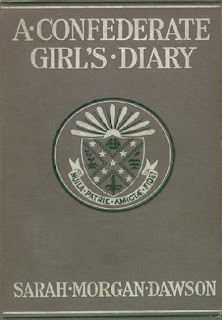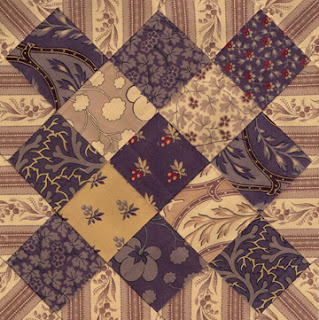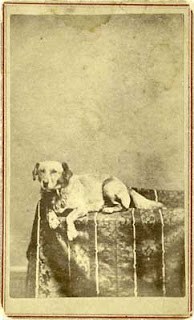January 1 marks the 150th anniversary of the Emancipation
Proclamation, which took effect on New Year's Day, 1863.
The event, one step towards freedom for American slaves, was
celebrated all over the Union with Night Watches on New Year's Eve.
GRAND EMANCIPATION JUBILEE.
A Night-watch of
Freedom at Shiloh Church
Great Excitement and
Rejoicing Among the Colored People
Prayers, Speeches, Songs, Dirges and Shouts
The stroke of midnight was anticipated with speeches and at
midnight a dispatch from Washington was read,
"followed by three cheers for ABRAHAM LINCOLN, three cheers for freedom, &c., &c. Mr. GILBERT then resumed his speaking, and threw a damper on the enthusiasm of the audience by commencing to grumble and find fault because the Proclamation was to be 'issued as a military necessity, and not as an act of justice.' His audience did not appear to sympathize with his troubles in that line, and he soon dried up."
"followed by three cheers for ABRAHAM LINCOLN, three cheers for freedom, &c., &c. Mr. GILBERT then resumed his speaking, and threw a damper on the enthusiasm of the audience by commencing to grumble and find fault because the Proclamation was to be 'issued as a military necessity, and not as an act of justice.' His audience did not appear to sympathize with his troubles in that line, and he soon dried up."
Mr. Gilbert, of course, had a point. The Emancipation
Proclamation was a Union act freeing slaves in the Confederacy over which the
Union had no jurisdiction in January, 1863. The end of the war was still years
away.
But, as a gesture, it was an important gesture, indicating
that Union goals had changed. The act also changed the status of people in "Contraband Camps" who had been neither slave nor free.
A few weeks later Harper's Weekly published a double page
drawing by Thomas Nast on "the great event of the day---Emancipation."
The Past
On the left, the past under slavery; on the right, the future as free people.
The Future
Earning a living
The idea of a Jubilee, a celebration of freedom, is an echo of
the Bibilical Book of Leviticus. In the Jewish calendar, a fifty year cycle was
called a Jubilee in which slaves were to be freed: "Proclaim liberty throughout all the land to all its
inhabitants."
Henry Louis Stephens,
Watercolor of a man reading the news,
1863
The National Archives in Washington is displaying a copy of
the Emancipation Proclamation in the East
Rotunda Gallery for three days, beginning tomorrow: December 30, 2012, through January 1, 2013.
Many Night Watch anniversary parties are planned for New Year's Eve.



















































